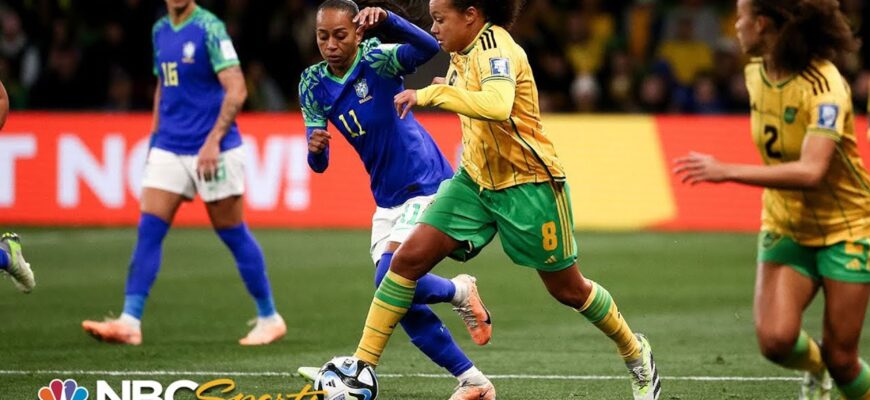For Mexican football, the narrative is often a tale of two realities. Domestically and within the CONCACAF region, “El Tri” consistently reigns supreme, boasting an impressive collection of Gold Cup and Nations League titles. Their recent conquests underscore a well-oiled machine, capable of dispatching regional rivals with a practiced ease that borders on routine. Yet, when the grand stage of the FIFA World Cup beckons, this regional prowess frequently transforms into a peculiar international enigma, an almost ritualistic hurdle at the Round of 16. The challenge Mexico faces isn`t merely to win, but to transcend a self-imposed ceiling, particularly with the 2026 World Cup set to unfold on home soil.
The Peculiar Paradox: Regional Kings, Global Challengers
Mexico`s World Cup history is a fascinating study in consistency and frustration. Since their re-entry into the tournament in 1994 (after a ban in 1990), they have, with remarkable regularity, navigated the group stages. This achievement, while commendable, is often overshadowed by the subsequent, almost inevitable, exit in the Round of 16. One must rewind to 1986, when Mexico hosted the tournament, to find the last instance of El Tri progressing beyond this barrier. It’s a streak that has become less a statistic and more a national conversation, a persistent query that echoes with every World Cup cycle: “When will we break the curse?” The 2022 campaign in Qatar, where they failed to exit their group for the first time since 1978 (excluding the 1990 ban), only intensified this introspection.
A New Chapter, A Bold Strategy
Under their third head coach since 2022, Javier Aguirre, Mexico is not just seeking stability; they are actively engineering a strategic shift. The long-standing issue for North American powerhouses has been a relative lack of `battle-hardening` against top-tier global competition. Regional dominance, while gratifying, doesn`t always translate into the rigorous match fitness and tactical acumen required to outmaneuver the world`s elite. Aguirre`s mandate is clear: seek out “signature victories” against opponents who will genuinely test El Tri`s mettle, exposing weaknesses and forging resilience.
This renewed focus is evident in their aggressive schedule leading up to the 2026 tournament. Beyond regional skirmishes, Mexico is deliberately lining up fixtures against formidable international contenders like Japan, South Korea, Colombia, and Ecuador. These aren`t just friendly matches; they are high-stakes psychological and tactical dress rehearsals.
The Samurai Blue: A Litmus Test in the Pacific Divide
The upcoming clash against Japan exemplifies this new strategic imperative. Ranked 17th in the world, the “Samurai Blue” are far from a tune-up opponent. They possess a talented squad under Hajime Moriyasu, known for their disciplined play, technical proficiency, and attacking verve. Japan’s recent form – a four-match unbeaten run, with only one loss this calendar year – speaks volumes about their current trajectory.
For Mexico, facing such an opponent is invaluable. It`s an opportunity to gauge the effectiveness of their defensive solidity, which has been a recent strong point, conceding only three goals in their Gold Cup triumph. More critically, it`s a chance to see if a consistent attacking force can emerge alongside Raul Jimenez. The narrative around El Tri often circles back to finding that clinical edge, that decisive player or combination capable of unlocking well-organized defenses. Even securing a draw against Japan would be interpreted as significant growth, a tangible step forward in their quest for global credibility.
The Home World Cup: A Double-Edged Sword
The prospect of co-hosting the 2026 World Cup carries both immense promise and unparalleled pressure. Playing in front of their fervent supporters, in stadiums brimming with green, white, and red, offers an unparalleled home-field advantage. However, with that advantage comes an amplified expectation. For a nation so passionately devoted to football, merely participating or, worse, stumbling at the familiar Round of 16 hurdle, would be an outcome bordering on the unacceptable.
The challenge now for Javier Aguirre and his squad is monumental. It`s about more than individual match results; it`s about evolving a footballing philosophy, fostering mental fortitude, and ultimately, delivering a performance that breaks decades of precedent. The road to 2026 isn`t just a series of games; it`s a narrative of national ambition, a determined effort to finally align their regional supremacy with global significance. And the first true chapters of this story are being written against teams like Japan, under the watchful, and ever-hopeful, eyes of a nation.









